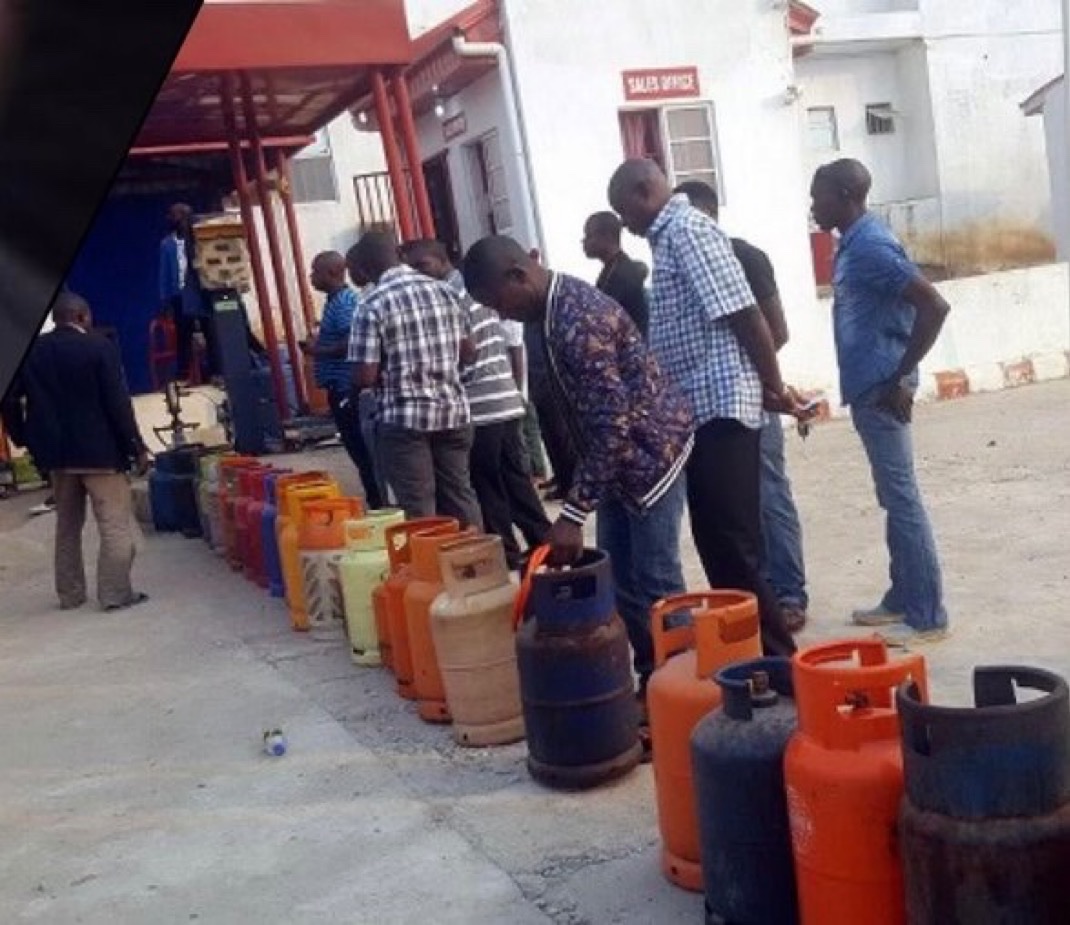In Benin, the political landscape is shifting significantly ahead of the presidential election scheduled for April 12, 2026. With structural advantages firmly in its grip, the ruling coalition appears well-positioned to maintain power, leaving few viable challengers in sight. This analysis explores the current dynamics, implications, and future risks as the country approaches a potentially decisive vote.
The Political Landscape: Why the Government Is Poised to Hold On
Only a limited number of candidates have qualified for the upcoming presidential election, a reality shaped by stringent requirements that disproportionately favor the ruling coalition. Meanwhile, opposition parties face serious institutional and financial hurdles, making it difficult for them to mount a credible campaign.
Over time, the ruling side has consolidated its influence across key institutions—including electoral bodies, the judiciary, and the media—further weakening the opposition’s leverage. This dominance underscores growing structural constraints that tilt the political playing field.
As the election draws nearer, the timing works in favor of the government. With both presidential and parliamentary elections scheduled close together, the ruling coalition has ample runway to prepare, coordinate, and position its preferred candidate for victory.
Implications for Democracy and Governance
What’s unfolding in Benin raises red flags for democratic norms. Once considered a beacon of political openness in West Africa, the country is now grappling with a shrinking political space. Opposition voices are being marginalized, checks and balances are weakening, and skepticism about institutional independence is growing.
When a single coalition dominates power to this degree, accountability often suffers. Without meaningful opposition, governance risks becoming less transparent, and dissent may be pushed outside formal political structures. For civil society, media, and regulatory bodies, the challenge of holding the government accountable grows larger.
This situation also reverberates beyond Benin’s borders. The country’s governance model could influence regional stability and democratic trends. International partners and donors, who closely watch democratic credentials, may reassess their strategies in light of the evolving political dynamics.
Key Political Actors to Watch
President Patrice Talon has overseen significant institutional changes since he assumed power, steering economic reforms and deeply restructuring state systems. With the constitution barring him from a third term, his coalition has chosen close allies — rather than outsiders — to preserve continuity in governance.
The opposition’s struggle continues to be twofold: overcoming legal obstacles to candidate registration, and rebuilding public trust. Many parties simply lack the capacity or resources to rival the ruling coalition, a problem compounded by their dwindling representation in public institutions.
Meanwhile, civil society and independent media are under increasing pressure. As institutional opposition weakens, these actors become more critical for transparency—but they are also more vulnerable. Freedoms such as expression and assembly are under strain, and the public’s confidence in democratic institutions is noticeably low.
Possible Election Scenarios
If the election proceeds smoothly with limited competition, the ruling coalition could frame the outcome as a public mandate for stability and continuity. That victory would likely be portrayed as an affirmation of its leadership and vision.
However, even a technically clean election may not be free from legitimacy concerns. Low voter turnout or votes that reflect constrained choices could trigger criticism from citizens and international observers, undermining the perceived fairness of the process.
Tensions could also escalate into protests or unrest if the opposition and civil society feel excluded. Over-reliance on security responses might further aggravate governance challenges and invite external scrutiny of Benin’s political trajectory.
What to Monitor Between Now and April
Observers will be watching closely how candidate registration unfolds and whether the opposition can overcome institutional barriers. Media freedom and transparency during the campaign season will also be critical, as will efforts to engage voters meaningfully. The role of international election observers will likely shape the broader narrative around legitimacy. How the ruling coalition navigates this period—with its internal coordination and public messaging—could greatly influence whether it can sustain its current dominance.



